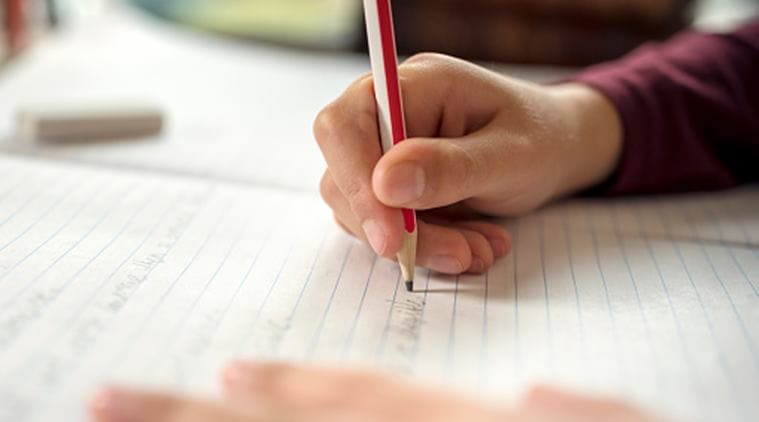Dyslexia is, instead, an alternative way of thinking. Research shows that dyslexic brains, because of their different wiring, have an ability to recognise patterns, decode the bigger picture and make connections others cannot see.

By Robyn Curnow
As a journalist, I love words. I care about what I write, think before I speak, read with delight and savour language. Part of that relationship with words comes from the fact that I respect them. My profession, more than most, teaches the value and importance of words, and their power. But sometimes I fear words too. Each word I write, or say, is hard fought and comes from deep within. I am dyslexic, which is a highly common learning disorder; an estimated 10 percent of schoolchildren around the world share this with me.
Dyslexia is, put simply, a different wiring of the brain. We find it difficult, especially when learning to read as children, to recognise how sounds, words and letters match up phonetically.
For us, language is a puzzle. Sometimes our brains cannot quite work out how those puzzle pieces fit together. But while having dyslexia can certainly be a challenge, it is neither a disability nor a measure of intelligence.
Dyslexia is, instead, an alternative way of thinking. Research shows that dyslexic brains, because of their different wiring, have an ability to recognise patterns, decode the bigger picture and make connections others cannot see. October is Dyslexia Awareness Month, and the positive aspects of the condition are being championed in London at a summit celebrating some of Britain’s most successful people, all of whom are dyslexic.
The charity Made by Dyslexia, which is supported by proud dyslexic Richard Branson, has gathered together a smorgasbord of powerful and creative people who share this learning disorder.
Alongside Branson, who famously dropped out of school early but is now a global disrupter and billionaire entrepreneur, the list of summit participants is a reminder that you can succeed because of your dyslexia, not in spite of it. Nick Jones, Founder of Soho House; Matt Hancock, UK Secretary of State for Health and Social Care; Facebook executive Steve Hatch; Actors Kiera Knightly and Orlando Bloom are among other dyslexic high-achievers to have thrown their support behind the charity.
Branson, who heads up Virgin Intergalactic and hopes to commercialise lower-orbit space travel, will be joined by another dynamic dyslexic, space scientist Dame Maggie Aderin-Pocock. They will be talking about the power of imagination and paying homage to other dyslexics who have dreamed big, including the likes of Thomas Edison, Henry Ford, and Steve Jobs – visionaries whose work changed the world.
I only realised I was dyslexic as an adult, when my young daughter was diagnosed with the condition. Dyslexia is genetic, and her diagnosis explained all my early academic struggles. By the time I was 10, I had attended four different schools, repeated a year and suffered a primary school teacher who was so frustrated at my lack of progress she threw a book at me. I learnt to read with dogged extra instruction from my mother. It was only later in life when I realised the advantages that dyslexia gave me.
Also Read| 6 children’s books where the lead characters are dyslexic
Innovation, disruption and diversity of thought are inherent to dyslexics. Those qualities, thankfully, are now more likely to be encouraged and nurtured at schools and in business. Awareness of the value of dyslexia is becoming more mainstream, with companies such as Ernst & Young, Facebook, HSBC and Microsoft finding ways to integrate game-changing diversity of thought in the workforce.
Jeremy Fleming, the head of Britain’s intelligence and security organisation GCHQ, will tell the Made by Dyslexia summit how his organisation actively hires dyslexic spies, because of their unique ability to break codes, see patterns and evaluate risks in different ways.
Spelling remains a challenge for me, but actually that doesn’t matter too much in the work that I do. Television news is a dream job for a dyslexic person: we write, and then read, short sentences to pictures, unpack and demystify complicated geopolitical events and distill them into succinct key points.
Ironically, dyslexia has helped me to communicate to the world. By understanding how my mind works, I now realise that my greatest weakness is also my greatest strength.
Also Read| Dyslexia: A message from a parent on dealing with the learning disability
(The writer is anchor and correspondent, CNN.)
Source: Read Full Article






